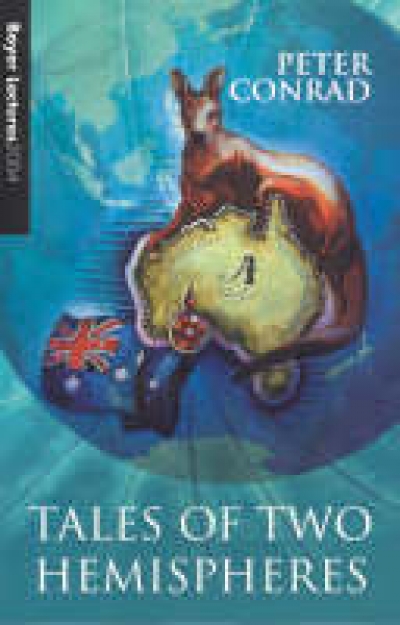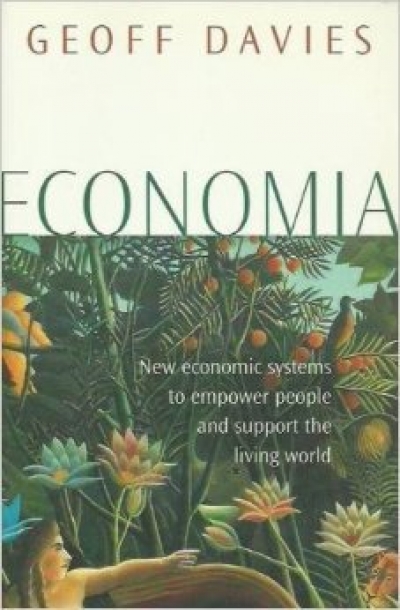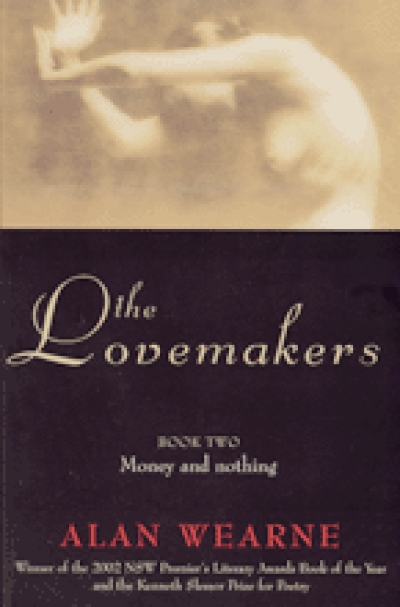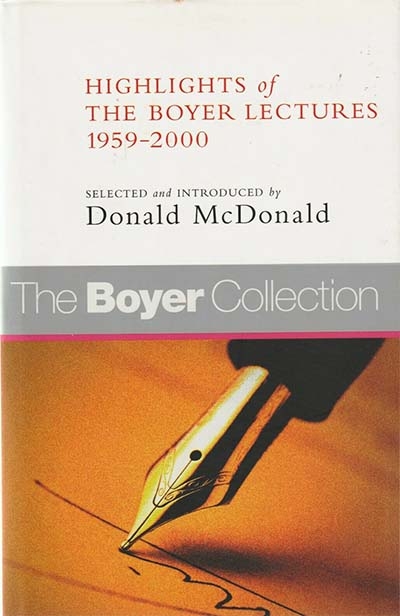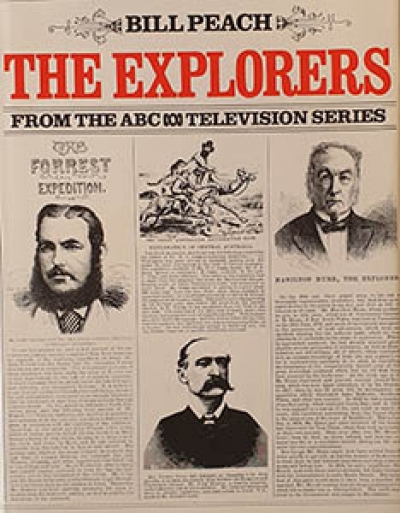Australians like to believe they live in the best country in the world. Plenty of space, abundant natural resources and lots of sunshine for this nation whose inhabitants have come from all corners of the earth to a land of opportunity. It’s an appealing national smugness that has comforted generations of Australians as they looked with tolerant amusement at the congested societies of industrialised countries elsewhere in the world. Aren’t we lucky!
Occasionally, there may have been some nagging doubts as we looked at the growing wealth of the Asian economies and the technological sophistication of overseas manufacturing. Are we as smart as they are? Do we work hard enough? Are we falling behind? Is this the land of the long weekend? In recent years, have we become hard-hearted and lazy? Good questions, and easier to answer anecdotally and instinctively rather than empirically. Generally, we thanked our lucky stars.
...
(read more)

